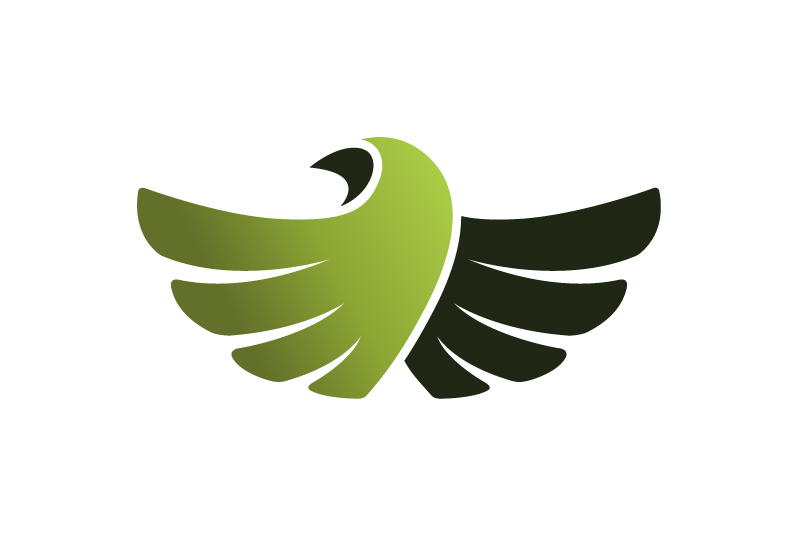Headaches
Most of us experience a headache in some shape or form from time to time, but more than 10 million people in the UK suffer regular headaches.
Causes of Headache
The main causes of headaches are:
- Stress
- Poor posture
- Hormones
- Dehydration
- Certain foods
- Bright light
- Side effect of medication
- Toxins (e.g. alcohol and carbon monoxide)
- Caffeine/drug withdrawal
- Colds and flu
- Head injury
Types of Headache
The three main categories of headache are tension headaches, migraine and cluster headaches.
Tension headaches are what most of us experience and they manifest as a constant pressure or tightness affecting both sides of the head. They can last from a few minutes to a few hours, but we can usually carry on with our day-to-day activities. They can be treated with over-the-counter painkillers such as paracetamol and ibuprofen.
Migraines are more severe, but less common than tension headaches and are described as throbbing or pulsating pain, usually in only one side of the head, but sometimes both, and may include nausea and visual disturbance. They impact on daily living, forcing some sufferers to retreat to bed for hours or days. Again, symptoms can be managed with over-the-counter medication, but in some cases prescription drugs may be required for treatment and prevention.
Cluster headaches are severe, but usually short lived (lasting less than two hours) and the pain tends to be around one eye making it redden and water. Cluster headaches occur in groups over a few weeks at a particular time of year and usually require prescription medication to treat them.
If you regularly suffer from headaches, it is best to consult your doctor for a diagnosis and to discuss the most appropriate prevention and treatment.
Treatment and Prevention of Headaches
Apart from the medications mentioned above, relaxation is key to relieving and preventing headaches.
Some people find that massage alleviates their headache, and studies have found that weekly massage can help reduce the frequency of headaches. The mechanism is not yet fully understood, but is believed to be through the release of tension in muscles in the head, neck and shoulders. Massage may also reduce sensitivity to pain.
Shiatsu, like acupuncture, uses specific points to treat pain as well as promoting relaxation of body and mind, so if you suffer regular headaches you may find that shiatsu helps treat and prevent them.
Other forms of relaxation can also help:
- Breathing exercises
- Guided guided meditation
- Music
- Yoga
- Regular exercise.
Do get in touch if you suffer from headaches and would like try massage or shiatsu as a means of treating or preventing them.

